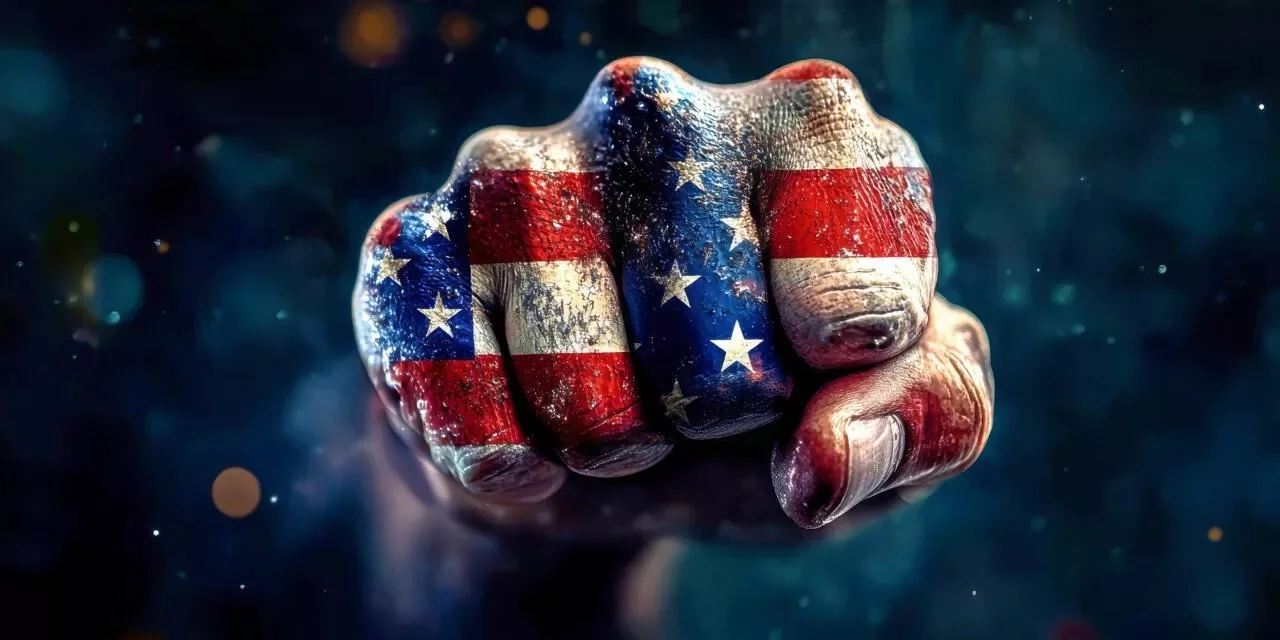Tariffs, Liberation Day, and Their Danger to Our Minds
Markets have been hit hard by the tariffs of Thursday’s “Liberation Day.” Even Singapore’s Prime Minister—a quiet, steady, data-driven leader—has warned that we’re entering a new and dangerous world order. It’s a rare and serious signal, especially from someone so understated. Smaller economies are increasingly vulnerable in a world shifting from long-established rules to arbitrary protectionism. I worry that it’s not just the macro landscape of international economics that’s being shaken—but something more profound and psychological. The most vulnerable among us will feel it first.
As I scan my financial portfolio, I feel sick. And I know I’ve been relatively lucky. But my unease isn’t just about finances. There’s something more sinister. Since the days of boarding school bullying and army “blanket parties”—where a blanket was thrown over me so I couldn’t see who was punching or kicking me—I’ve had the luxury of not needing to chase power to feel safe. I’ve lived in countries where the rule of law is built on decent values. Not perfect, but enough that I felt protected. It allowed me to choose a path of service: to work in mental health, to support people’s growth and performance without needing to watch my back. That’s a rare gift not many of my ancestors have had.
But it feels like the world is tipping. Fairness and a commitment to peace are increasingly estranged. The leadership style of “might makes right” is creeping back in and the most powerful people can now flaunt the law—financially, sexually, politically. Since late 2024, the American media has reported a noticeable spike in abuse and discrimination targeting women, minorities, and other marginalized groups. That shift in the USA is deeply unsettling. Given the cultural influence of the USA, it's a shift we may start to see globally.
Ray Dalio, one of the most successful investors of our time, explains in his book "Principles" that we are likely entering a period characterized by fear, disorder, and authoritarian leadership. And by quirk of our own psychology, leaders, even ones we dislike, are people we unconsciously look up to. It’s a human flaw. You see it most clearly in children: the instinct to follow, to admire, to emulate. As authoritarian bullies increasingly rise to leadership, we can’t help but internalize their presence and tolerate their behavior. Even mirror it.
What we’re seeing isn’t just financial—it’s psychological. It’s a shift in what we value. That’s the part that worries me the most. Because when might makes right, it’s not just smaller economies that will be in danger. Women, children, minorities, and anyone who is not overtly powerful will be bullied, and their voices will be dismissed. And that kind of shift changes more than markets.
